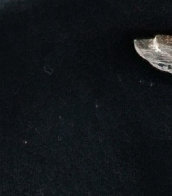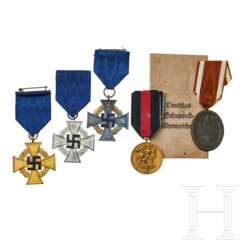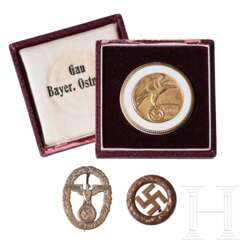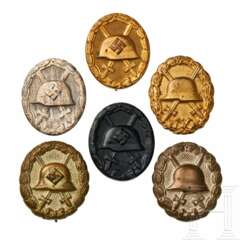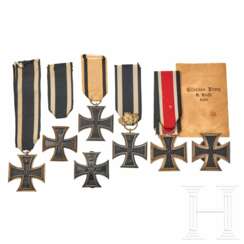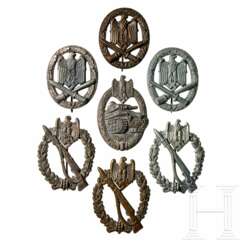73840 Items by auctions and galleries:
collectibles
Lot 1794 A COLLECTION OF FOURTEEN PALE MAUVE "SNOWFLAKE" QUARTZ SPECIMENS
The Ann & Gordon Getty Collection: Decorations, Furniture, Lighting and Objects 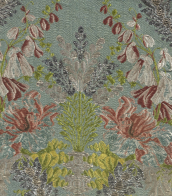

CHRISTIE'S
The Ann & Gordon Getty Collection: Decorations, Furniture, Lighting and Objects
Date: 25.10.2022 10:00 UTC -05:00
Number of lots in the catalog: 169




